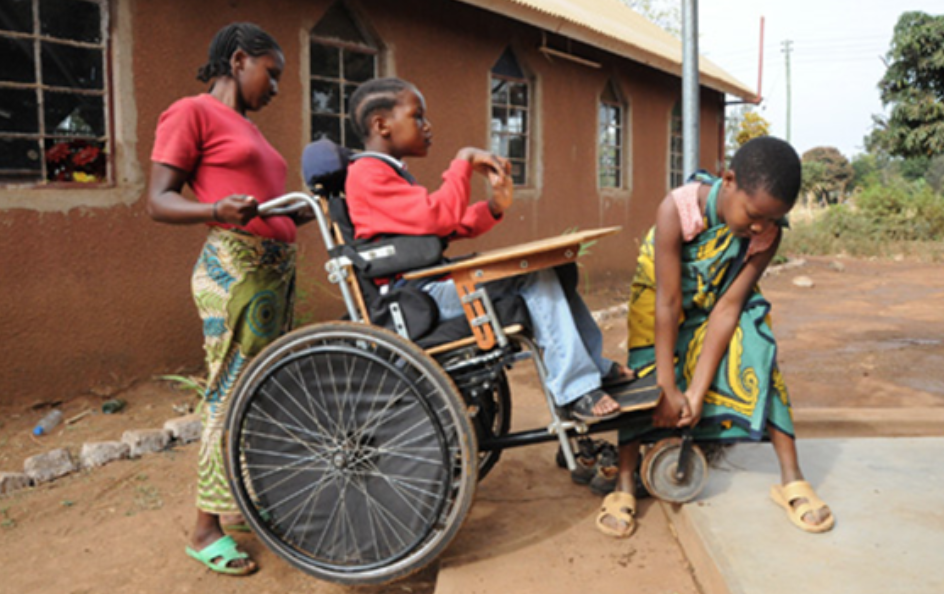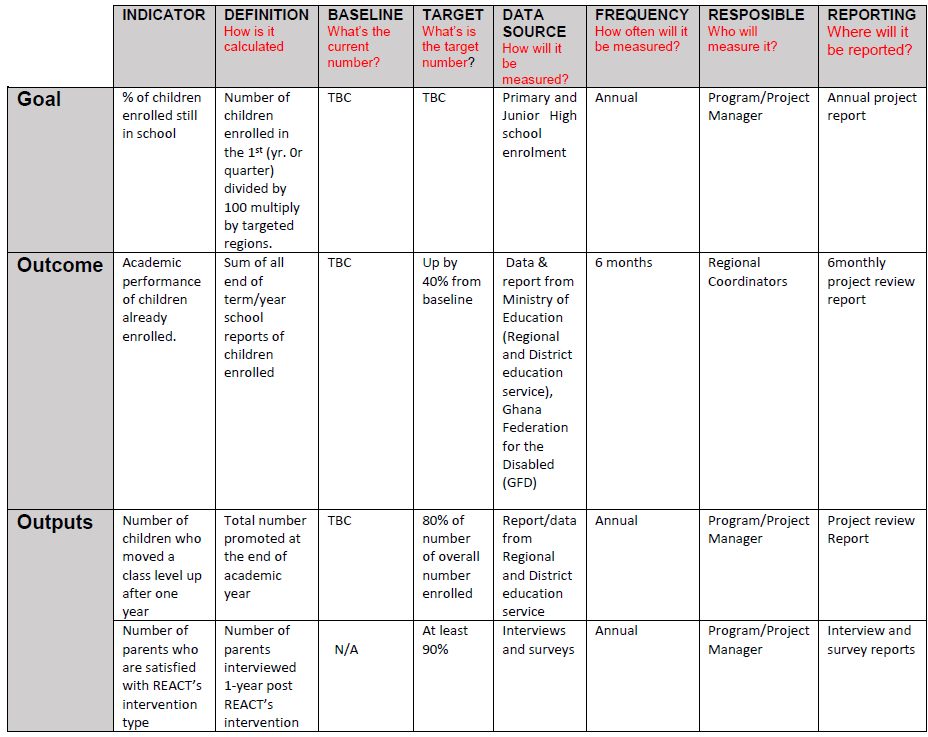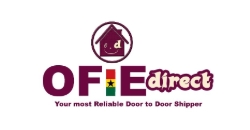- Rhncharity
- Our Work/Constitution
Our Work/Constitution
Lorem ipsum dolor sit amet, consectetur adipiscing elit. Ut elit tellus, luctus nec ullamcorper mattis, pulvinar dapibus leo.
On this page, you’ll find more information about the work we perform, as well as our institutional constitution.
OUR AIM
A Note from Our Founder:
“Hello, my name is Prince Osei-Akowuah. I’m the founder of REACT Humanitarian Network, and I’m so grateful to all of our donors for helping make our vision of supporting Ghana’s disabled children possible. All I can say is thank you. Our mission is to help make education accessible to disabled Ghanaian children. We believe that education is the best option for these children, because it serves as a lasting enabler in whatever circumstances. At REACT, we strive to turn disability into ability through education.”
How We Operate
Below, we’ll present an outline of how our organisation functions.

Funding
Our projects are funded through public generosity, corporate partnerships and individual donations. We rely on community volunteering for project execution with REACT supervision and management.
Selection Criteria
We adopt the following criteria for selecting a project of intervention:
A Targeted Response to Ensure Efficient Usage of Scarce Resources
Inclusive Responses – Working with Stakeholders, Civil Society Groups, Parents, Communities, Schools, and Governments to Determine the Best Ways to Support Disabled Children
Where We Respond
REACT Humanitarian Network is UK-based. We undertake projects in Ghana, primarily. However, we have partners in countries around the world and, as a result, respond to other countries when our skill-sets are needed
Project Interventions
School Feeding Programmes: Studies have suggested a direct correlation between free school meals and enrolment, attendance, and cognitive/academic performance.
Reconstruction and Modification of School Structures to Make Them Accessible for Disabled Children
Scholarship Schemes for the Most Deprived
Medical Rehabilitation (MR) to Normalise Disabilities
Community Sensitisation and Awareness Programmes
Logistical Support – Including the Provision of School Materials
Accountability
REACT Humanitarian Network adopts a bottom-up accountability approach in all of our interventions. This means we work with donors to be accountable, first, to our beneficiaries and secondly to our donors. Our generous donors do not in any way influence our priorities. Rather, they support us to ensure the needs of our beneficiaries are met.
Strategy
We operate using two effective strategic tools:
Advocacy: We adopt a rights-based approach to advocate for the education rights of disabled children and embark on campaigns, research, and publications to influence public policy on issues affecting the educational needs of disabled children.
Fundraising: We initiate and organise fundraising activities to support our operations. We also take leads from other appropriate and legally advised fundraising methods common to the humanitarian sector.
Partnerships
REACT Humanitarian Network partners with other humanitarian organisations. This is to:
Establish a Network of Actors with Shared Objectives
Coordinate Our Efforts to Avoid Duplication
Ensure Efficient and Effective Use of Resources While Collaborating in Areas of Comparative Advantage.
On the ground, our partnership:
Facilitates Our Needs Assessment Strategy to Make It More Effective
Helps to Identify Targets for REACTION (Enhancing the Targeting Process)
Simplifies Our Responses Through Lessened Workloads
Puts Scarce Resources to Efficient and Logical Use
Monitoring and Evaluation
At REACT Humanitarian Network, we constantly monitor and evaluate our work to learn lessons and ensure best practise is followed as a result of our interventions. Correlations, indicators, and variables include:
- The Link Between Our Interventions and School Enrolment, Attendance, and Performance
- The Impact of Our Financial Assistance on Enrolment, Attendance, and Performance
- The Impact of Our Scholarship Schemes on Enrolment, Attendance, and Performance
- The Impact of Our Medical Rehabilitation Interventions on Mobility, Enrolment, and Attendance
REACT’S MONITORING & EVALUATION (M&E) FRAMEWORK

REACT Humanitarian Network is a humanitarian charity dedicated to providing education in Ghana for disabled children.
Contact
2 Goldsmith Close, Wantage, Oxfordshire OX12 7GL, UK







© All Copyright 2026 by Firstangle
